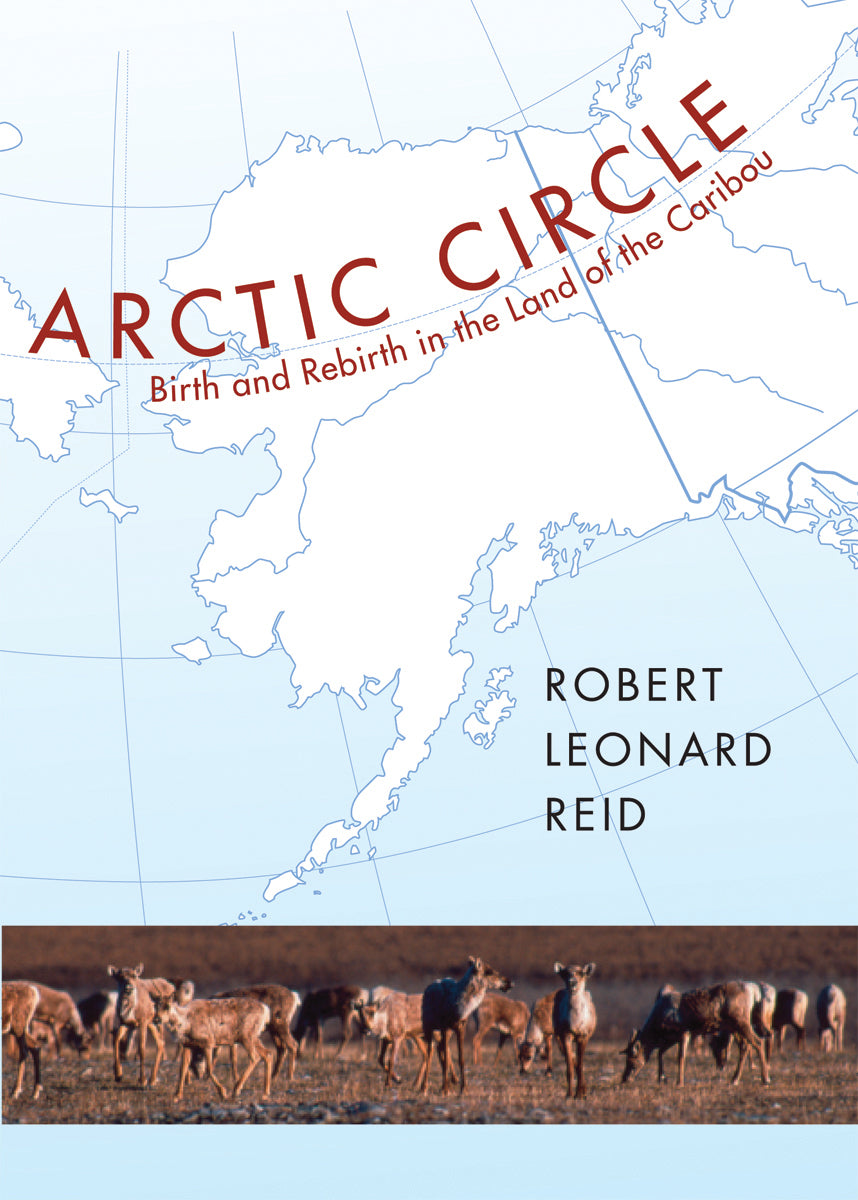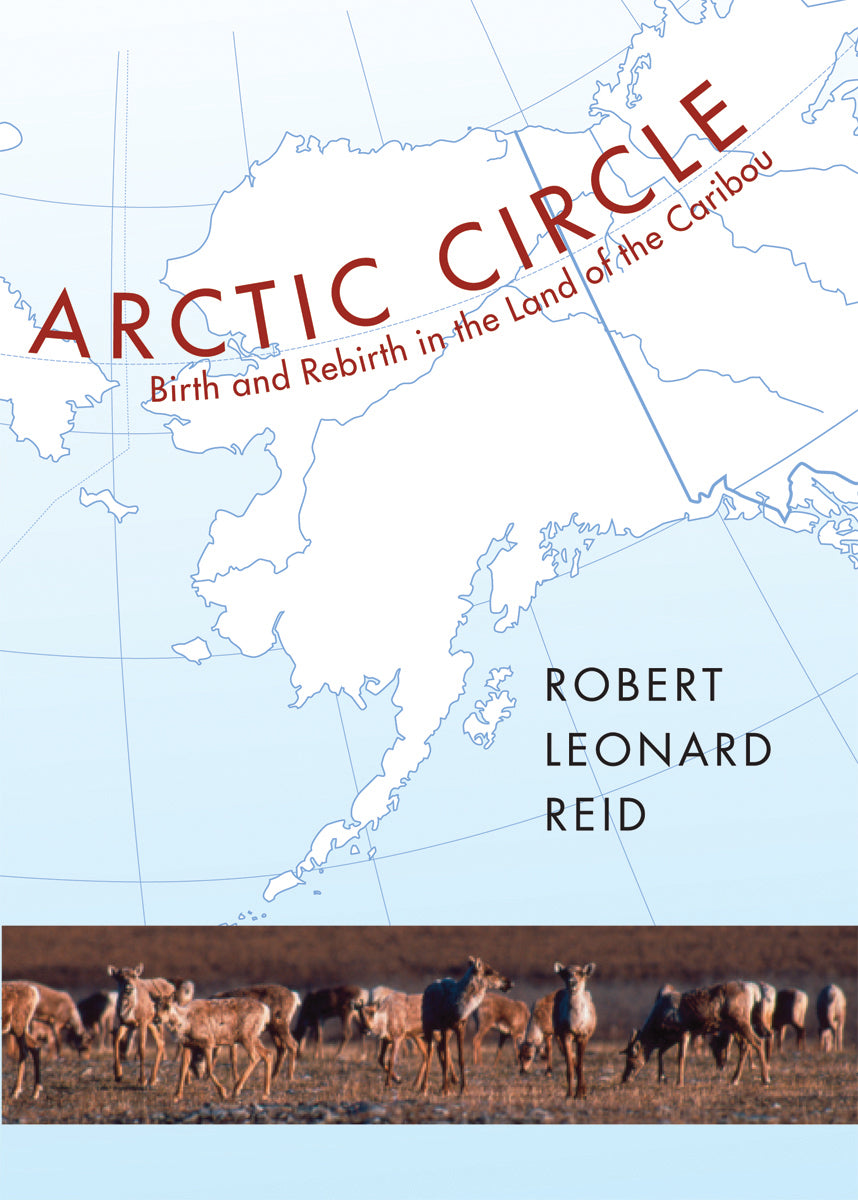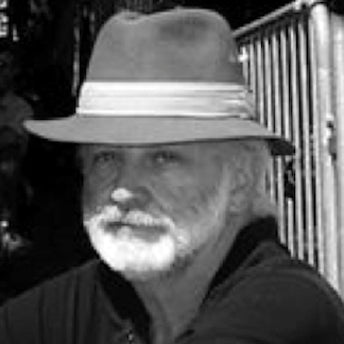
Every year without fail, caribou from the Yukon and Alaska set off in early April to a small corner of Alaska to give birth to their young. The journey – an ordeal of mountains and blizzards, ravenous wolves, scant forage, and river crossings with ice chunks the size of pickup trucks – is the longest migration of any land animal on earth. Despite these formidable obstacles, the females find their way to the calving grounds on the coast of the Beaufort Sea, deliver their calves in June, and then begin their long journey home. This is their story, told by an author who travels to the Arctic in his seventh decade to "witness a few moments of this endless turning circle of birth and rebirth" and to answer the question, "What is the true nature of the North?" Is it the good and generous land of which the Inuit sing, or, in the words of Arctic explorer, Elisha Kent Kane, "Horrible! Horrible!" a dwelling place of darkness and death? Personal and profound, chock-full of adventure, literary references, natural history, and ecological concerns, Mr. Reid's memoir is moving and poignant, evocative and cautionary. Arctic Circle is a book, in short, that every reader concerned with the fate of the Far North should embrace.
Praise for Arctic Circle
Reid's yearning for the Arctic crystallized when he met Fred Meader in 1977. A homesteader living deep in the Alaskan wilderness, Meader was in California speaking about the environmental toll of oil drilling and advocating for protection of the magnificent Brooks Range. Because of heart-rending losses and tribulations, it took Reid many years to reach Alaska, and he now chronicles his bittersweet journeys in a meditative, affecting, and funny tale of adventure and revelation. Reid's big desire was to witness the great migration of the Porcupine caribou herd (named for the Porcupine River), which for thousands of years has made an unbelievably arduous annual trek to a coastal plain, where female caribous give birth and care for their young. As Reid recounts his Arctic sojourns with awe, lyricism, and bemusement, he subtly interlaces inner and outer worlds and traces the circles of struggle and understanding, life and death. Spectacular descriptions, charming wit, and forthright reflections on what makes a place sacred become striking testimony to the importance of the Arctic wild and the need to preserve it. —Donna Seaman, Booklist
What Reid finds in the Arctic is a world that transcends easy definition. He guides us through his experiences in a book which is part memoir, part spiritual quest, and part adventure story, with a healthy dose of natural history. This book is perfect for anyone who enjoys a good travelogue or memoir, and the engaging blend of spiritual and scientific elements ensure a broad appeal." —ForeWord Magazine
Reid's book is not exactly a chronicle; it's a poem, an ode to wild Alaska. It's not only about nature, but also about human interaction with it, and specifically about the reactions of one human, himself, to it. Initially I was impatient with Reid's prologue, his meandering and his failure to get on with it. But this book is not about plot or narrative tension; it's about being there. And Reid has a talent for taking us there. —The Internet Review of Books
Mountaineer and writer Robert Leonard Reid had a dream, but for 25 years life kept getting in the way. He wanted to see the caribou on their 2,700 mile annual migration across the Arctic. Wrapped in mystery, it is the longest migration of any land animal on Earth. Reid finally made the trip on the eve of his 60th birthday. Arctic Circle: Birth and Rebirth in the Land of the Caribou is his melancholy, witty, scientific, and spiritual account of the trip. Though Reid was late in following his dream, the timing of his book celebrating the majestic beauty of a place oil companies are eyeing for drilling is impeccable. —The Boston Globe

